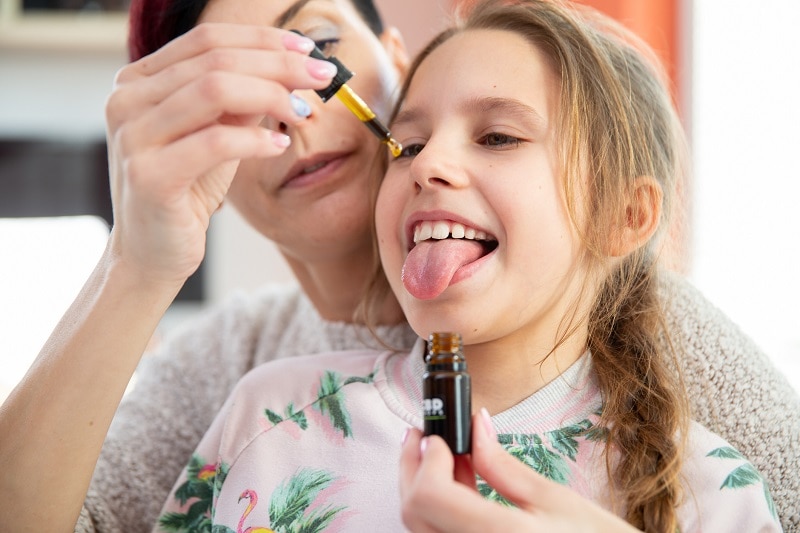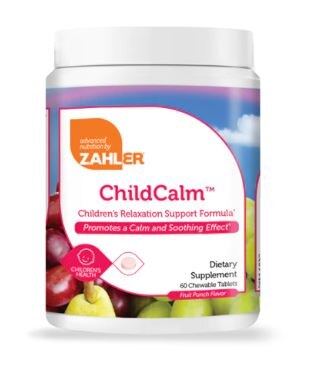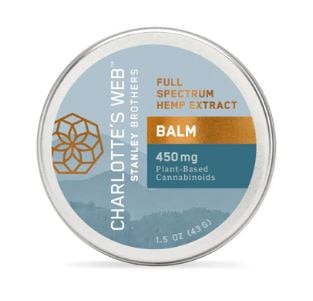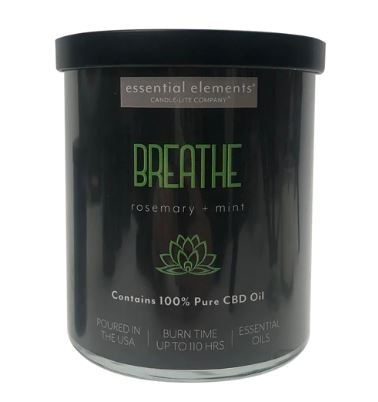A fair share of American adults have used products containing CBD (cannabidiol), a naturally occurring chemical found in hemp and marijuana. A 2019 Gallup Poll put the number at 14%. In a survey a year later from SingleCare, a provider of prescription discounts, 33% of U.S. adults reported using CBD products like balms, gummies and oils.
As adults’ use of CBD grows, you may be wondering whether it’s safe for kids. Given that there’s so little research about the effects of CBD on children, no one can declare definitively that CBD is safe for kids.
In 2022, the C.S. Mott Children’s Hospital National Poll on Children’s Health asked nearly 2,000 parents of children 3 to 18 about CBD use for kids. Nearly three-fourths (73%) of parents said CBD might be a good option for kids when medications don’t work. But just 2% of parents had given their child a CBD product. So, how much of a risk are those parents taking?
Should CBD be given to children?
An article published in 2021 in the journal JAMA Pediatrics says that mounting evidence suggests CBD may be helpful for children who are experiencing anxiety, hyperactivity, self-harm and sleep problems. The U.S. Food and Drug Administration (FDA) has approved only one CBD product for children; the drug, Epidiolex, treats rare forms of childhood seizures that don’t respond to regular medication.
But the same JAMA Pediatrics article goes on to stress that the long-term effects of CBD are unknown. Harmful effects of CBD may include:
- Diarrhea
- Fatigue
- Harm to the liver
- Interactions with medications
- Sleepiness
- Vomiting, fever or drowsiness caused by a CBD overdose
Moreover, the Child Mind Institute notes that because CBD products are relatively new, it’s difficult to determine the right dosing, particularly for children.
In light of the various lingering questions, CBD use generally isn’t recommended for kids.
“CBD products are frequently mislabeled, and many products can contain very high doses of THC [the compound in cannabis that causes a high] and other contaminants such as pesticides or heavy metals,” the JAMA Pediatrics article warns. “Until more research is done, CBD should only be used to treat children in special cases who have not responded to treatment for specific seizures or, possibly, autism spectrum disorder. Stories of miracle cures for children are encouraging, but just because it is a plant product or is easily available does not make it safe to use in children.”
The article’s authors recommend consulting with your child’s pediatrician if you think he or she might benefit from CBD use. CBD, unlike THC, does not cause someone to become high.
Is CBD safe?
While it remains to be seen whether CBD is safe for kids, the National Center for Health Research says that despite limited research, CBD has not been found to be addictive or to cause dependence or abuse. Furthermore, clinical studies have shown humans generally tolerate it well.
However, the research center adds, side effects of CBD use may include diarrhea, drowsiness, dry mouth and reduced appetite. In addition, researchers haven’t been able to pinpoint how CBD interacts with medications.
“It is possible that CBD could benefit people with several different symptoms, but there is currently no concrete, scientific evidence other than for pediatric epilepsy,” the center says.
Among adults, popular uses for CBD products include †:
- Reducing inflammation
- Managing chronic pain
- Easing stress
- Improving sleep
- Boosting immunity
- Protecting brain health
Is CBD legal?
State laws governing the use of CBD are uneven. For instance, some states allow hemp-derived CBD but prohibit marijuana-derived CBD. In other states, all types of CBD are legal. Complicating matters is that at the federal level, hemp-derived CBD has been legal since 2018.
“CBD is now available in all 50 states of America — to varying degrees. Most citizens can access the supplement in-store legally but may be hard-pressed to find it in some of the stricter states requiring medical cards,” according to CFAH.org, a CBD health and wellness website.
Another consideration amid the patchwork of CBD laws is the FDA’s regulation of CBD. As it stands now, the FDA prohibits the sale of foods and dietary supplements that contain CBD.
“We are aware that there may be some products on the market that add CBD to a food or label CBD as a dietary supplement. Under federal law, it is illegal to market CBD this way,” the FDA says.
But under the umbrella of state and federal laws governing CBD, more and more supplies are selling CBD products to Americans. U.S. sales of CBD products are projected to exceed $1.9 billion in 2022, up from $1.6 billion in 2021 and just $535 million in 2018.
“Even though selling CBD products without FDA approval is technically illegal, companies continue to sell them in what has become a burgeoning U.S. market for CBD products,” according to the University of Pennsylvania’s Regulatory Review, which reports on regulatory matters. “This growth in current and potential earnings creates strong financial pressures for making CBD uses lawful.”
†These statements have not been approved by the Food and Drug Administration. These products are not intended to diagnose, treat, cure or prevent disease.




